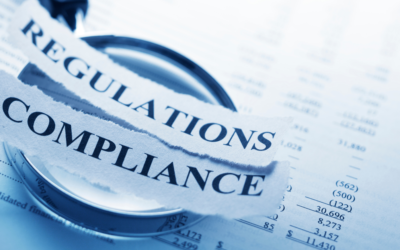The concept of a 1031 tax exchange is widely known, but its counterpart, the reverse 1031 tax exchange, remains less discussed. In this article, we delve into the intricacies of the reverse 1031 exchange, shedding light on its mechanics, benefits, and considerations.
Understanding the Basics
A standard 1031 exchange involves selling a property and reinvesting the proceeds into another property within a specified time frame. The reverse 1031 exchange flips this sequence.
Here, an investor acquires a new property first and then selects the property they intend to sell within 45 days. The subsequent property sale must conclude within 180 days.
Navigating the Process

Executing a reverse 1031 exchange necessitates the involvement of a specialized 1031 company. This intermediary holds the properties to facilitate the transaction.
A CPA, 1031 tax expert, or a qualified professional can guide you through the specifics of this process, providing referrals where needed.
The process unfolds in stages:
- Acquisition: You purchase the new property, securing your desired investment.
- Identification: Within 45 days, you identify the property to be sold.
- Sale: The identified property is sold within 180 days, with the intermediary handling funds and legal transitions.
- Completion: The intermediary ensures the legal exchange of properties and funds, complying with the 1031 regulations.
Benefits and Considerations
The reverse 1031 exchange provides flexibility, allowing investors to secure the ideal replacement property without being constrained by a property sale deadline.
However, this convenience comes at a cost. The process is often more expensive than a standard 1031 exchange due to the additional complexity of handling two transactions.
Professional Guidance

Engaging with experts, such as CPAs and 1031 tax intermediaries, is essential when considering a reverse 1031 exchange. They ensure compliance with tax laws, regulatory requirements, and the intricate mechanics of the transaction.
Navigating the Path Forward
If you’re exploring the possibilities of a 1031 or reverse 1031 exchange, consider consulting with professionals well-versed in the complexities of these transactions.
At Profitable Properties Boston, we are equipped to connect you with the right resources, guiding you through the process. By leveraging expert insights, you can navigate the nuances of property sales and acquisitions, optimizing your tax benefits and investment strategy.




